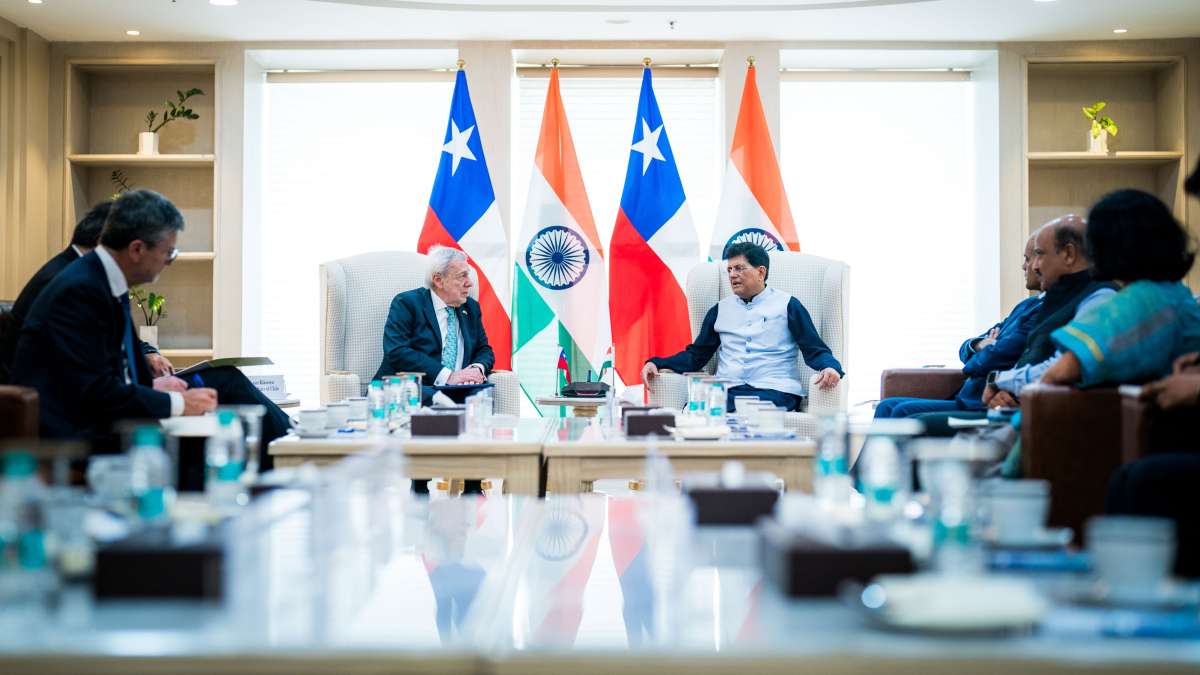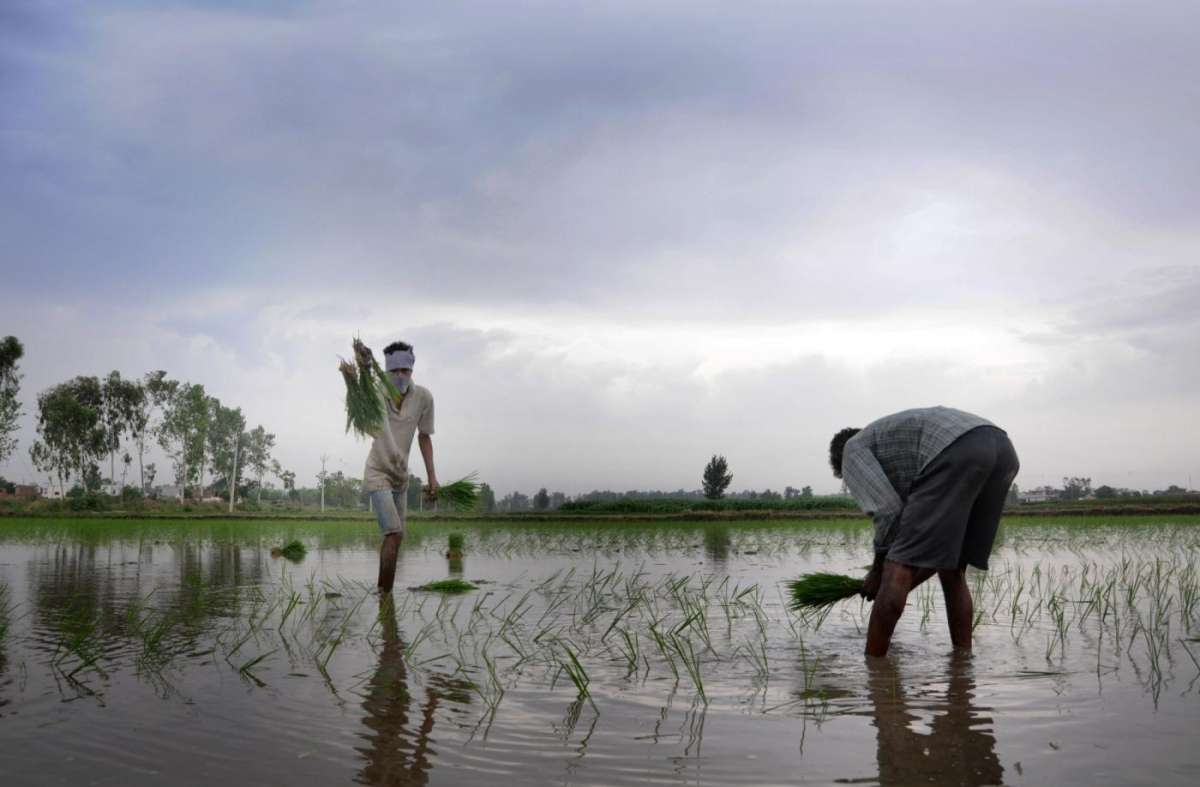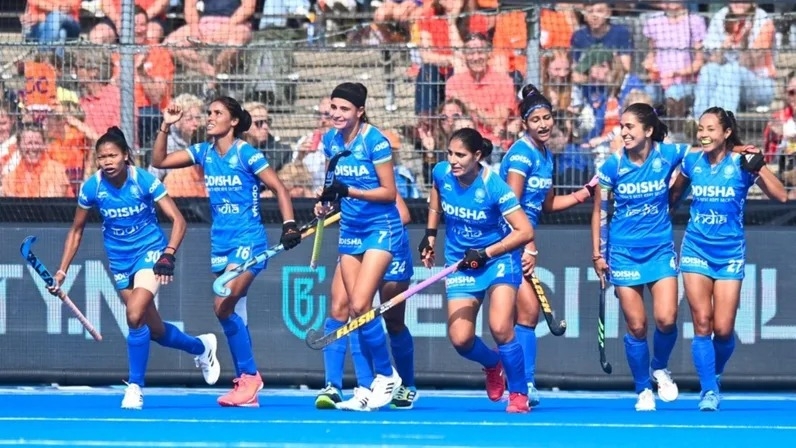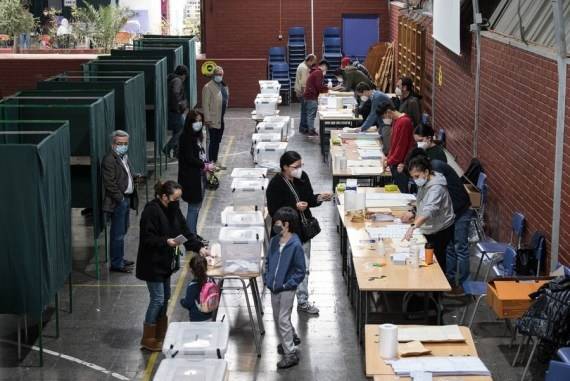Chile is a key partner of India in the Latin American region…reports Asian Lite News
Chilean Foreign Minister Alberto Van Klaveren on Wednesday termed India as a “very important partner” for Chile and hoped to advance bilateral ties to Comprehensive Economic Partnership Agreement (CEPA) agreement.
Klaveren who arrived on Tuesday on a two-day official visit to India participated in the second India-Chile Joint Commission Meeting co-chaired by External Affairs Minister S Jaishankar.
Chile is a key partner of India in the Latin American region and as per the External Affairs Ministry Klaveren’s visit will provide both sides an opportunity to review the progress in bilateral relations and explore new avenues for cooperation, further strengthening bilateral ties.
Speaking to ANI, Klaveren said India “is a very important partner for Chile.” “We admire India for its growth, for its culture, for its civilization. And we think that there is a big potential to expand our ties with India, to strengthen our ties with India, both in economic terms and also in political terms.”
Ahead of the India-Chile Joint Commission Meeting today Klaveren said, “We hope very much that we can strengthen our mutual relations.”
On CEPA negotiations with India, the Chilean minister stated, “Precisely one of our objectives with respect to India is to advance to a CEPA agreement. We have already made necessary studies for that. We have also analyzed terms of reference and well we hope that the next step will be the initiation of negotiations. We know that that takes time, but we think we are confident that we’re going to be successful.”
Chile has an estimated USD 2,847 billion worth of trade in 2023. Last year, India ranked 16th as a destination for Chile’s non-copper and non-lithium exports, with USD 560 million in exports of goods and services out of which 30 per cent related to foods.
Chile was the first nation to have a Partial Scope Agreement (PSA) with India, in force since 2007. This agreement was extended in 2017 when India granted tariff preferences for 1,110 Chilean products.
Addressing the India-Chile joint commission meeting, Jaishankar stated that India deeply values Chile’s participation in the Voice of Global South Summits and praised Chilean President Gabriel Boric for his insightful remarks at the third Voice of Global South Summit held on August 17.
Jaishankar recalled that the second India-Chile Joint Commission meeting was conducted in a virtual format during the COVID-19 pandemic.
Klavern’s visit follows recent diplomatic engagements between India and Chile.
Chile’s Ambassador to India, Juan Angula, and Police Attache Rafael Andres Tellez Benucci visited the Central Bureau of Investigation (CBI) headquarters in May 2023 and discussions with CBI Director Praveen Sood and senior officials of the premier investigation agency. During that meeting, they acknowledged the close cooperation between CBI and Chile’s Policia De Investigaciones (PDI), particularly in combating technology-enabled crimes, drug trafficking, and transnational crimes.
On Tuesday, Minister of State (MoS) for Agriculture and Farmers’ Welfare, Ramnath Thakur met with Esteban Valenzuela, Chile’s Minister for Agriculture, along with his delegation, for a high-level bilateral meeting held at Krishi Bhavan in the national capital.
Discussions also addressed agricultural challenges in both Chile and India and explored opportunities to boost agricultural trade between the two countries. The ministers underscored the importance of sustainable practices and reaffirmed their commitment to deepening the agricultural partnership to strengthen cooperation.
Chile and India agreed to work towards resolving market access issues for Indian mangoes and pomegranates, while exploring opportunities to expand trade in various agricultural products.
The Chilean Minister conveyed Chile’s keen interest in importing Indian bananas and basmati rice.
MoS Thakur emphasised on exploring opportunities to expand trade in products such as roses, garlic, kidney beans, and other items, aiming to unlock the full potential of bilateral trade, the Chile’s Minister expressed an interest in broadening the range of agricultural products traded by including walnuts, fruits, and vegetables in the existing list.
Valenzuela welcomed India’s proposal to establish a task force to address market access and sanitary and phytosanitary (SPS) concerns raised by the Indian side, an official statement said.
The ministers discussed the implementation of MoUs on agricultural cooperation, the horticulture action plan, and e-certification of phytosanitary certificates.
The meeting was also attended by Juan Angulo, Ambassador of Chile, Gabriel Layseca, Head of the Department of International Affairs of ODEPA and Marcelo Alvarez, Communications Professional, Ministry of Agriculture, Chile. The Indian side was attended by Ajeet Kumar Sahu, Joint Secretary(IC), Muktanand Agrawal Joint Secretary (PP) and other senior officers of the Ministry. (ANI)
ALSO READ: India Calls For Urgent Reform In UNSC Negotiations








